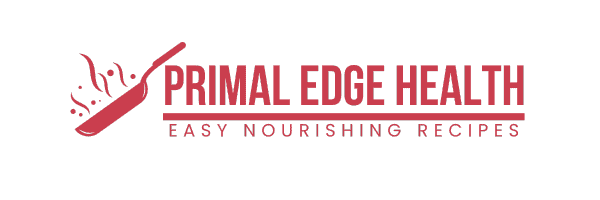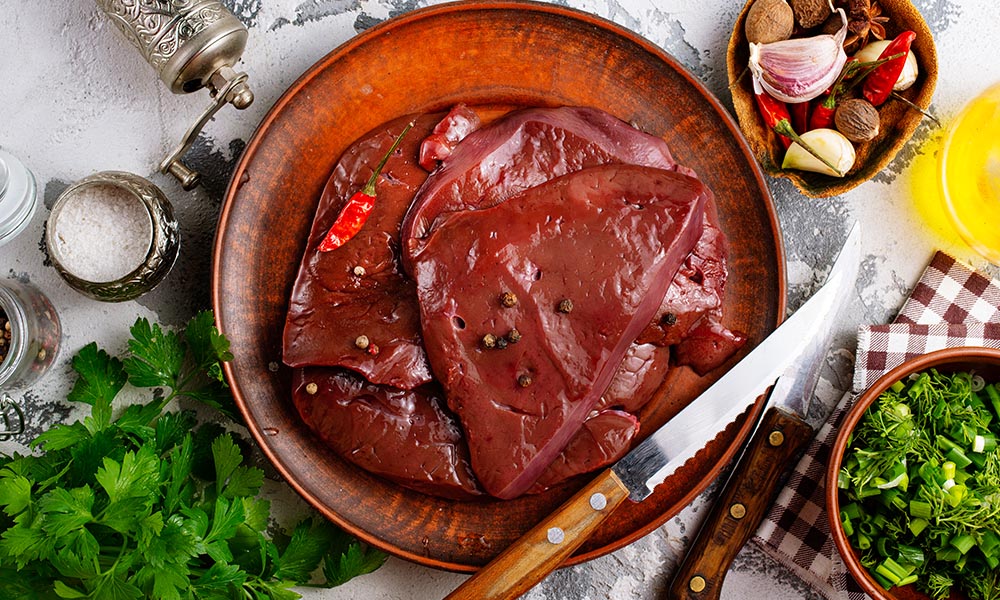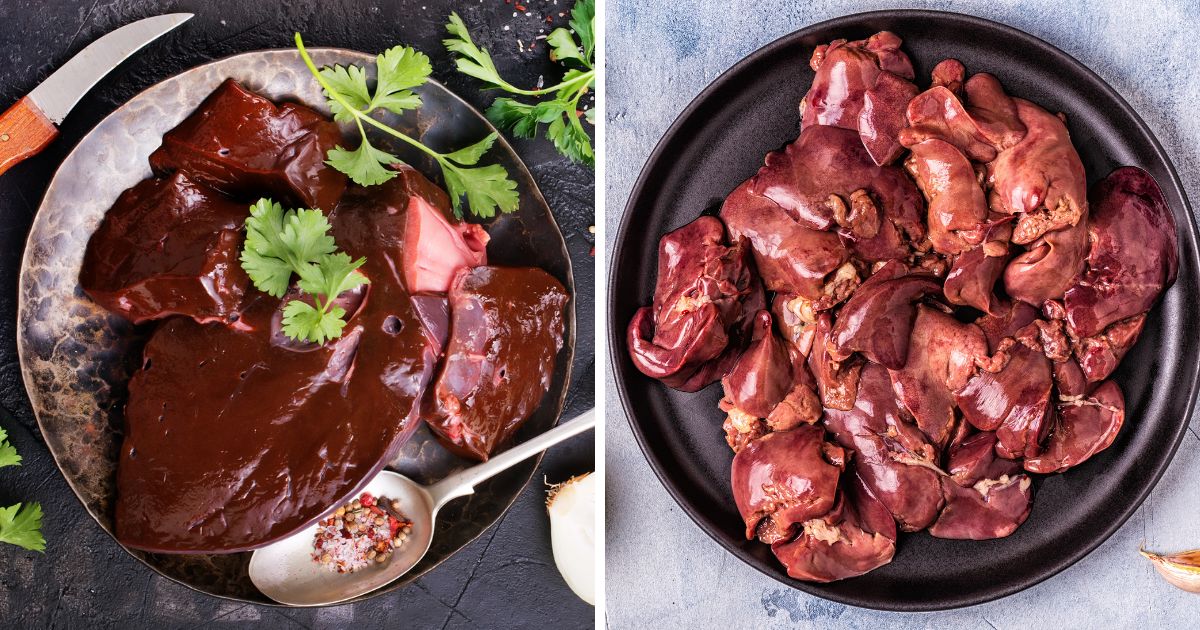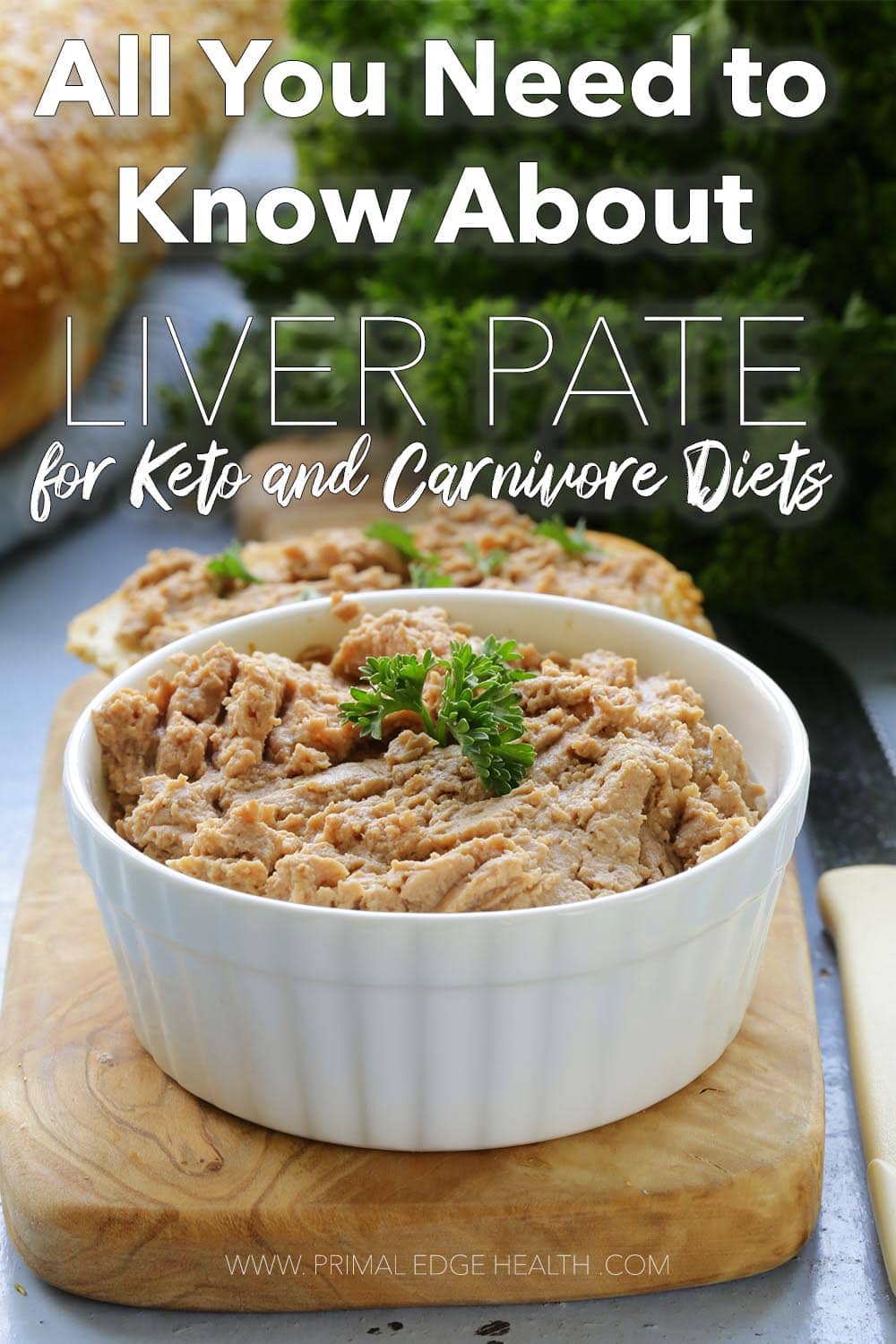Benefits of Organ Meats & Nose to Tail Eating
Primal Edge Health participates in the Amazon Services LLC Associates Program and other affiliate programs and therefore, may collect a share of sales or other compensation from the links on this page. This comes at no additional cost to you, and all the prices and availability are accurate at the time of publishing.
The benefits of organ meats are making a big impact and boosting the popularity of nose-to-tail eating. Not only are organ meats some of the most nutritionally dense sources of fat-soluble vitamins and important minerals, but they are also very affordable! Great for grocery shopping on a budget, these foods are culturally significant in traditional societies across the world and respectfully use all parts of the animal, letting nothing go to waste.
Traditionally, organ meats were never discarded or neglected. In fact, they were some of the most prized parts of an animal. From health to budget to the environment, there are many benefits that make eating organ meats worth the effort of sourcing and learning how to eat.
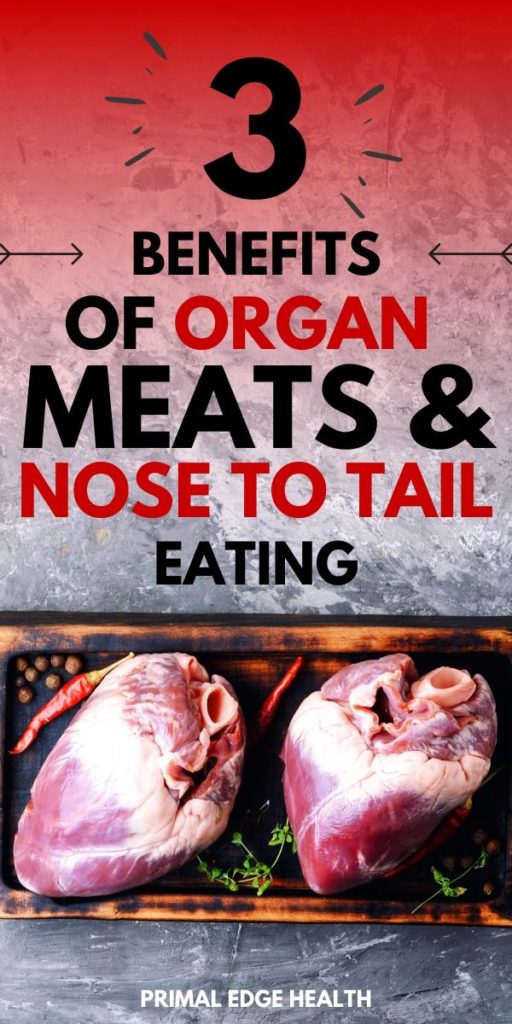
Table of Contents (click to view)
What are Organ Meats?
Organ meats, also known as offal or variety meats, are the viscera of a butchered animal. Some of the most common ones are liver, heart, kidney, sweetbread, brain, tongue, and tripe.
Cultures across the world use organ meats in traditional cuisine. Many groups reserve offal for the highest echelons of society. It varies by location but pregnant women, heads of family, elders, and hunters are often the ones granted the privilege of eating organs.
In the natural world, predators are known to value the organs of their prey over muscle meats. It is common for the alpha wolf or lion to eat the liver and heart first, leaving muscle meats for those ranked lower in the pack.
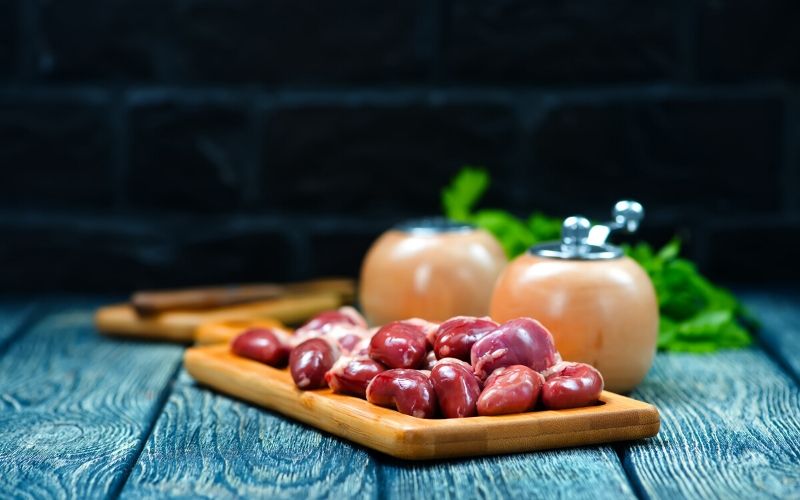
Why Eat Organ Meats?
I started eating organ meats after a period of time heavily influenced by veganism. My 1.5-year-old daughter’s teeth start to crumble away before my eyes from severe dental carries and I was urged to improve the nutrient density of our diet by any means possible. The process happened quickly and thankfully, through the introduction of high-quality animal foods like butter and organ meats, her teeth hardened up and the decay stopped in its tracks.
Hopefully you don’t have an immediate health threat to deal with and can choose to start eating organ meats because you want to, not because you have to.
The benefits of organ meats can be surprisingly profound and in some cases life-changing.
- Nutrient dense and bioavailable Organ meats are an impressive concentration of vitamins, minerals, dietary fats, and amino acids. Nothing short of a “superfood”, organs contain B vitamins, iron, phosphorus, copper, magnesium and more. Additionally, they are filled with the most important fat-soluble vitamins, A, D, E, and K.
- Save your money Organ meat is an affordable source of protein and fats. Offal is budget-friendly to buy in bulk or direct from the rancher. Some food producers give liver, suet, and kidney away!
- Let nothing go to waste Eating offal respects the life of the animal and the person who dedicates their life to raise it.

Health Benefits of Organ Meats
Sometimes regarded as “superfoods” these cuts are nutrient-dense with a variety of vitamins, minerals, fat-soluble vitamins, and amino acids.
Organ meats have some of the highest concentrations of naturally occurring vitamin D in food. Liver is an unparalleled source of vitamin A which is excellent for eye health and reducing inflammation. Heart is the number one source of coenzyme Q10 (coQ10) which slows aging processes, it is important for cardiovascular health, and improves energy levels. Kidneys contain 5x the RDA of B12 plus a significant amount of riboflavin (vitamin B2), selenium which decrease oxidative stress and enhance immune function.
Organ meats are the most concentrated source of just about every nutrient, including important vitamins, minerals, healthy fats, and essential amino acids.
The Paleo Mom
The best part of all is, this nutrition is presented in a way that our bodies can easily digest and absorb.
Organ meats are great sources of bioavailable
- Vitamin A
- Vitamin B (B1, B2, B6, B12)
- Vitamin C
- Vitamin D
- Vitamin E
- Vitamin K
- Calcium
- Choline
- Chromium
- Collagen
- CoQ10
- Copper
- Folate
- Iodine
- Iron
- Magnesium
- Manganese
- Omega-3 fatty acids
- Phosphorus
- Selenium
- Sodium
- Zinc
Organ meats are
a fantastic repository of essential and conditionally-essential nutrients that are so important for gastro-intestinal and immune health
Robert Verkerk, Alliance for Natural Health International
Eating a few weekly servings of organ meat will give ample amounts of nutrients that help keep your immune system strong, decrease oxidative stress, reduce inflammation, and promote skin health.
Nutritionally, organ meats also contain nutrients associated with cardioprotective effects (meaning they protect against heart disease), boosting brain function (memory and focus), and improving mood by alleviating depression and anxiety.
Finally, organ meats support a healthy pregnancy and early human development. Many of the compounds listed above are important for both mother and child. B vitamins may help soothe morning sickness and cramps. Folate is essential for fertility, DNA repair, and avoiding growth defects.
If you have a dog, organ meats are highly beneficial for dogs, too. Supplementing regular dog food with a few servings of organ meat per week can give them extra protein, vitamins, minerals, and antioxidants for better energy, a shinier coat, and much smoother digestive systems.
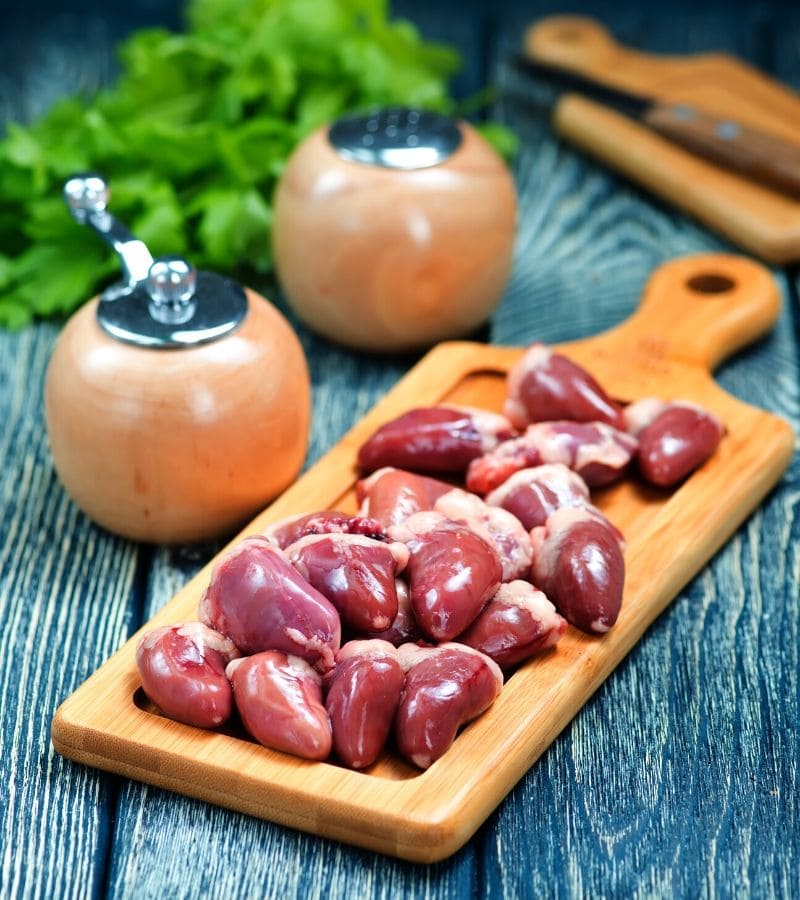
Environmental Benefits of Organ Meats
Does this sound surprising?
Animal husbandry can be sustainable and environmentally beneficial. Will Harris of White Oak Pastures proves his approach to regenerative agriculture is more sustainable than Impossible Burger by their own metrics.
We already know cows can save the planet and livestock is needed to build healthy soil which has a direct connection to climate change, biodiversity loss, floods, droughts, wildfires, and human health.
Many veganic farmers, like Matthew Engelhart from the popular raw vegan restaurant Cafe Gratitude, eventually have to change course because sooner or later they realize a fully vegan farm is just a pipe dream.
Regenerative grazing practices, like the ones designed by the Savory Institute, can fix soil, heal the broken food system, and produce more meat on less land. With these methods, eating meat can save the environment.
Meat in general, if raised under holistic management, is good for the environment and eating organ meats, more specifically, helps too.
Animals are an important part of our diet, but the organs of livestock are often thrown away or discarded after sitting on shelves. By increasing your consumption of organ meats, you will help reduce food waste ad make the life that was given for your food go further.
UK Doctors push health and environmental benefits of eating organs
Easy Recipes with Organ Meats
Eating organ meats is already hard enough, so the recipes don’t need to be an additional challenge. Lucky for you, I specialize in simple, easy organ meat recipes that you can make at home.
Liver pate is a great recipe for just about everyone to start with. It’s smooth, creamy, and delicious!
After that, I would suggest a hidden organ meat recipe like Hidden Liver Meat Muffins or Organ Meat Pie.
For additional inspiration, check out these books next time you visit your library or buy them from ThriftBooks.

- The
Carnivore Cookbook by Jessica Haggard (that’s me!) The preparation of animal foods is completely demystified in TheCarnivore Cookbook with a solid core of strict zero-carb recipes and a focus on nutrient density and nose-to-tail variety. - The Ketogenic Edge Cookbook by Jessica Haggard A comprehensive keto diet guide for families and individuals interested in thriving on unprocessed foods and from scratch, low carb cooking; contains an entire section dedicated to easy organ meat recipes.
- The Complete Nose to Tail by Fergus Henderson A new edition that combines his two acclaimed cookbooks, Whole Beast and Beyond Nose to Tail.
- Nourishing Traditions by Sally Fallon The classic reference book for traditional food recipes. This book is more than just recipes, there is interesting trivia, history notes, and folklore stories through-out the book, Fallon’s work is a huge inspiration for me.
- Odd Bits: How to cook the rest of the animal by Jennifer McLagan A beautiful coffee table type book. McLagan discusses the history of our separation from nose to tail eating, then dives into all the nitty-gritty bits with recipes for them all.
- Offal: A global history by Nina Edwards With a wide scope, this book covers the history, uses, and cultural meaning of offal. The bibliography is giving and has many resources for learning more.
If you’re a bookworm like me, I know you’ll enjoy all the titles from our recommended reading list on nutrition, health, philosophy, and worldview too.
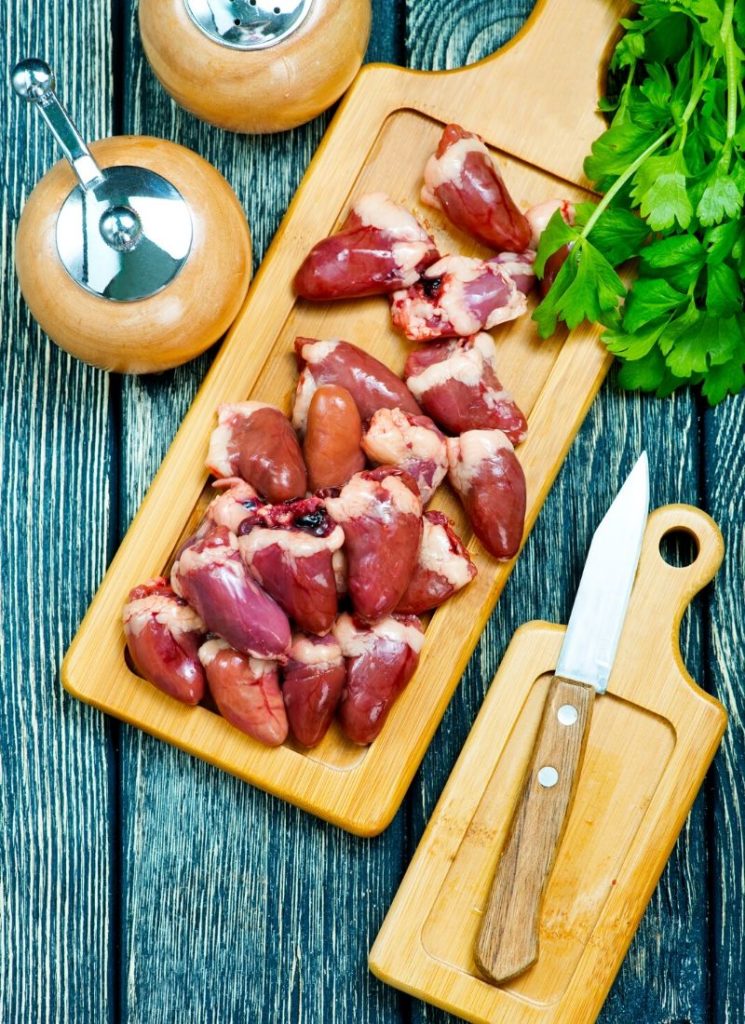
Where to Buy Organ Meats
Most people decide to begin their nose-to-tail journey with liver. If that’s you, read the complete guide on Where to Buy Liver online and in person.
Apart from liver, heart, and kidney are great options.
If an animal is exposed to toxins and pesticides in its life, organ meats may be contaminated with trace residue. It’s important to note that while liver and kidney are filters for toxins in the body but do not actually store toxins themselves and are safe to eat.
I recommend buying organic, pasture-raised, or grass-fed organ meats when possible.
Visit your local butcher and see what they can get you.
If pickings are slim, shop with one of these trusted online options:
- White Oak Pastures – Large selection of grass-fed and pastured beef, goat, lamb, pork, turkey, chicken, duck, goose, guinea, and rabbit
- US Wellness Meats – A complete list of organ meats from grass-fed beef, lamb, and bison as well as pasture-raised chicken and turkey. Also, liverwurst, braunschweiger, head cheese, and dried organ sausages. I highly recommend their ground organ meat blend!
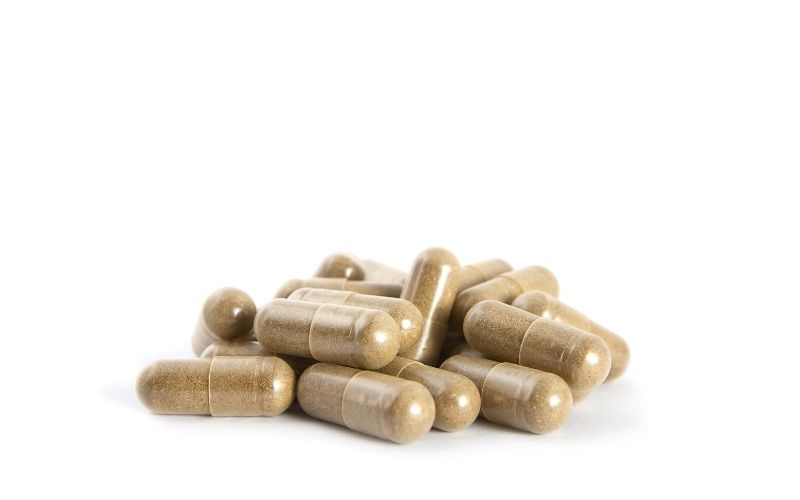
Benefits of Organ Meat Supplements
Eating organ meats twice a week would be great but if you can’t get your head around the idea, you’re not alone.
Fortunately, you can get the benefits of offal in the easy and convenient form of a pill. Ancestral Supplements offers desiccated liver, heart, kidney and more packed into a gelatin capsule. They have a great range of organ meat blends to choose from so you can target your approach in a specific way. Their organ meat supplements don’t have any unusual taste, texture, or visual shock.
Risks to Eating Organ Meats
Some may feel cautious about eating organ meats because they contain cholesterol. However, many people interested in a keto diet or carnivore diet have already realized there’s more to cholesterol and heart disease than the mainstream says.
- My Cholesterol is “So High” after 5 years ok keto: Do I Care?
- Cracking the Cholesterol Code with Dave Feldman
- The Cholesterol Code with Dave Feldman
- Keto, Cholesterol and Heart Disease with Dr. Bret Scher
The biggest concern about eating organ meats is caused by a misconception about vitamin A. Some believe it is possible to get vitamin A toxicity by eating too much organ meat.
However, notions of vitamin A toxicity only apply to the synthetic form of vitamin A. The same toxicity issues are not found with the naturally occurring form of vitamin A in food. Toxicity studies examine isolated vitamin A and fail to account for the matrix of cofactors that naturally occur in organ meats.
To understand this debate in it’s entirety, there are no better resources than
- Weston A. Price: The Liver Files
- The Vitamin A Saga
Now you’re ready to eat organ meats! It doesn’t take much more than an open mind and a willingness to try something new. Before you know it you’ll be sipping bone broth and munching liver chips.
Further Reading and References
- Medical News Today – Benefits of Eating Organ Meats
- Chris Kresser – How to Eat More Organ Meats
- Wellness Mama – Are Organ Meats Healthy?
Originally published in March 2015, updated June 2020.
